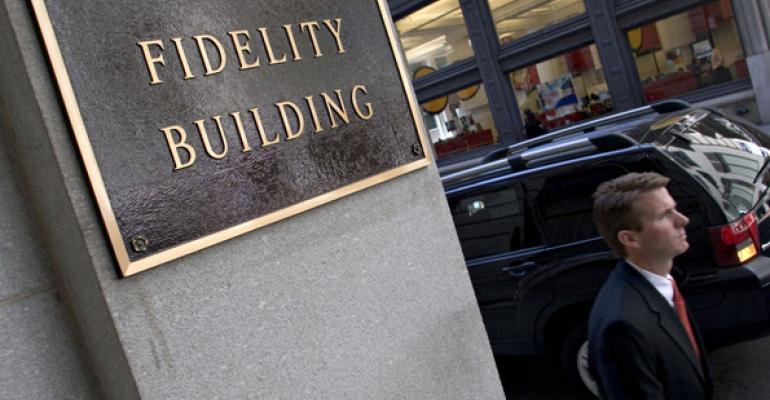Fidelity has been providing fee-based discretionary money management to retirement plans that sit on its recordkeeping system for years through its Portfolio Advisory Service at Work. But as the Department of Labor’s fiduciary rule accelerates demand for fee-based managed accounts, the firm is opening it up to the wider marketplace, making its workplace managed accounts available to retirement plan advisors and recordkeepers for plans that may not be recordkept with Fidelity.
“If the DOL rule were to go through as currently drafted, we think it would be an interesting accelerant to this because it does put this very clear premium on that interaction between advisor and participant,” said Michael Durbin, head of Fidelity Institutional products.
Under the DOL rule, what was traditionally considered “education” will now be construed as financial advice, which will be subject to a fiduciary standard.
“It’s putting a premium on a much broader definition of activities and interactions that would be deemed as needing to be subject to a fiduciary standard of care,” Durbin said.
For advisors and recordkeepers who sign on to use the firm’s workplace managed accounts, Fidelity will act as the fiduciary through Strategic Advisors — a registered investment advisor entity that sits inside the firm’s asset management division.
Durbin said the expanded offering is aimed at advisors who dabble in the retirement plan space, but want to gain a stronger foothold in that market. “We think [this] is a really interesting way for advisors to satisfy that itch, to get more strategically focused on the market but do it in a very compliant and scaled way.”
It will first be available to recordkeepers (and the advisors who use them) on the FIS Relius recordkeeping system. Early adopters include Sentinel Benefits, Alliance Benefit Group of Michigan and Alliance Benefit Group-Rocky Mountain. Fidelity will later expand to other recordkeeping systems.





